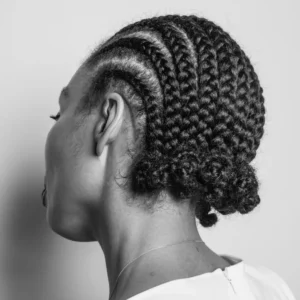Igbo Hair Styles are beautiful and one-of-a-kind. Although they appear to be the same as normal hairstyles, their names and backstories set them apart.
Today, these Igbo Hair Styles are achievable with attachments, and while weave hairstyles appear to have taken control, the younger generation is still exposed to Igbo hair culture due to school regulations.
Also Read: 5 Fashion brands owned by Beautiful African Women
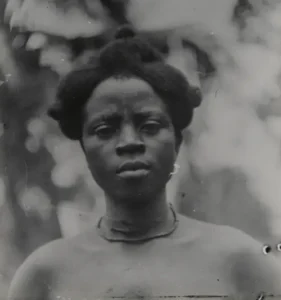
An Igbo woman’s hair is her crowning beauty, according to its deep symbolism. These hairstyles highlight a woman’s attractiveness and power. Women used to wear their hair differently depending on the occasion and culture.
Here are 5 Unique Famous Igbo Hair Styles
isi ntukwu’
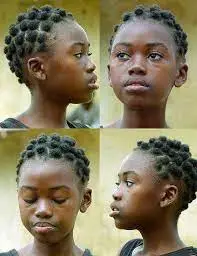
Bantu knots, also known as ‘isi ntukwu’ in Igbo, are a popular traditional Igbo women’s hairstyle that can be ornamented with coral beads.
Also Read: History, Origin of the new Yam festival in Igbo land
Ngala Hairstyle
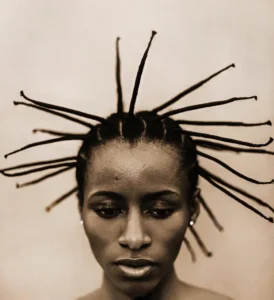
This is an Igbo traditional hairstyle known as NGALA, which represents pride and beauty. It demonstrates how lovely and ego a lady with this hairstyle is.
Ojongo Hair Style
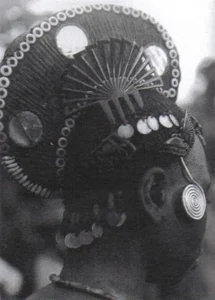
The crested hairstyle, also known as ojongo, was popular until the mid-twentieth century and is a distinguishing element of Igbo paintings representing women. Women ornamented themselves with thread, feathers, shells, bone, wood, beads, Igbo money, coins, or fabric, as well as mud containing colorful ores, yellow and red camwood powder or paste, and palm oil and charcoal.
Also Read: TRIBAL SCARS / SCARIFICATION IN AFRICA
Isi/Ishi owu
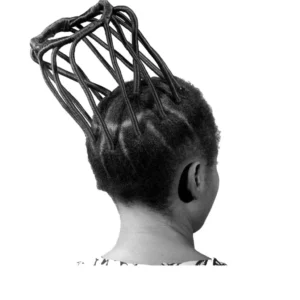
Isi/Ishi owu, a threaded hairstyle, is still popular among rural married women. Isi Owu is an Igbo hair style technique that includes wrapping one’s hair with any type of thin, flexible twine, string, or thread.
Isi/Ishi Aka Igbo Hair Styles
